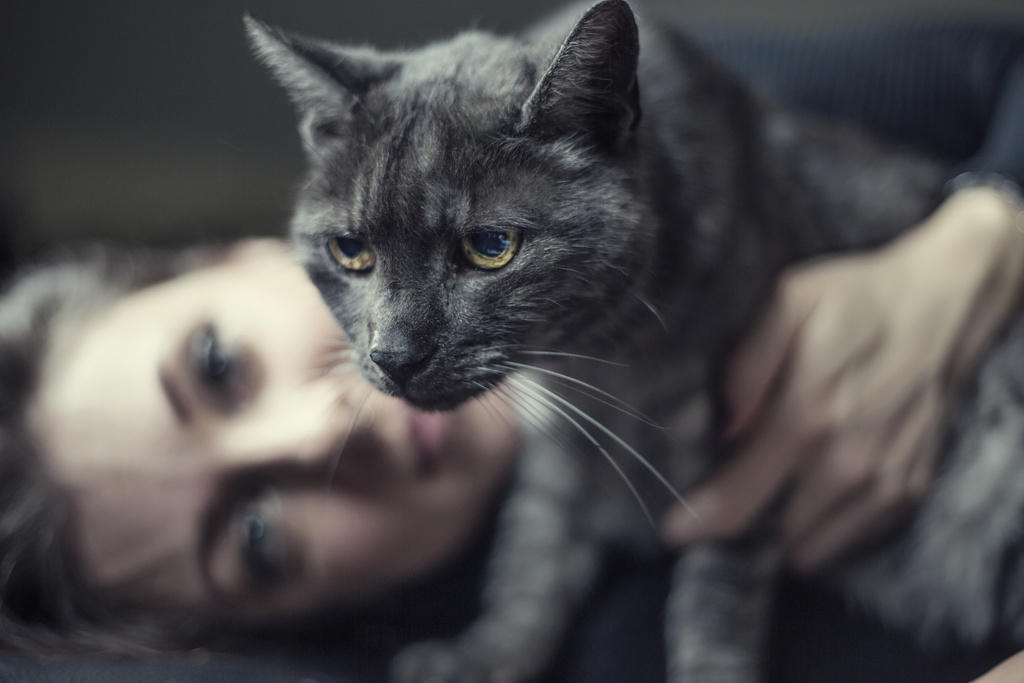
Fewer animals used for scientific experiments

The number of animal experiments in Switzerland continued to fall in 2019. However, experiments involving severe stress for animals increased.
The 572,069 animals used for experimentation represented a 2.5% decrease on the previous year, with fewer mice and fish being used in particular, the Federal Food Safety and Veterinary Office said in a statementExternal link.
Last year 3,265 animal experiment permits were valid. This represents a decrease of 6.2% on 2018.
The office said 69.2% of the animals were used in non-invasive or less invasive experiments. A steady decrease has been observed here since 2015.
Since 2012, however, the proportion of experiments involving moderate or severe distress for the animals has increased. Last year 27.6% of the animals were exposed to moderate stress and 3.2% to severe stress.
The office also noted an increasing use since 2012 of genetically modified mice exposed to medium and heavy stress. These animals are used in basic research to gain knowledge about diseases.
Around 90% of the laboratory animals exposed to severe stress were used for research into human diseases, of which around 28% were used for cancer.

More
How well are Swiss animals protected?

In compliance with the JTI standards
More: SWI swissinfo.ch certified by the Journalism Trust Initiative






























You can find an overview of ongoing debates with our journalists here . Please join us!
If you want to start a conversation about a topic raised in this article or want to report factual errors, email us at english@swissinfo.ch.